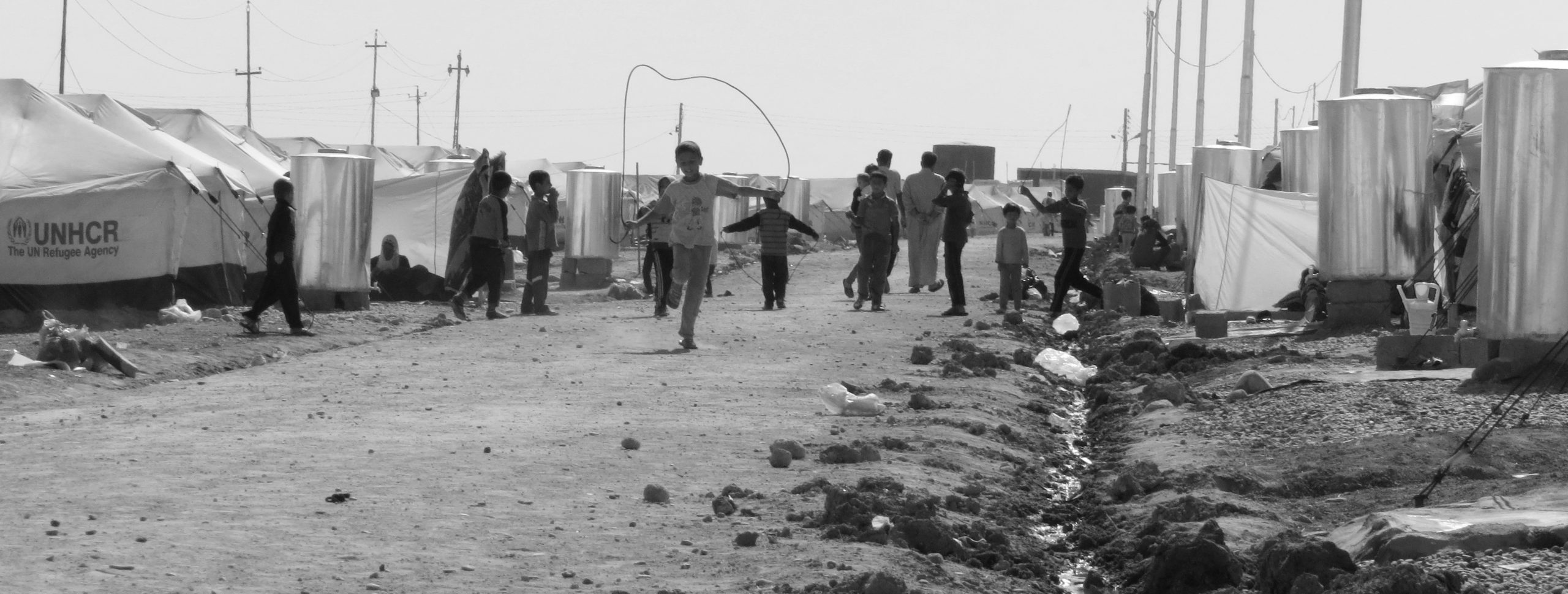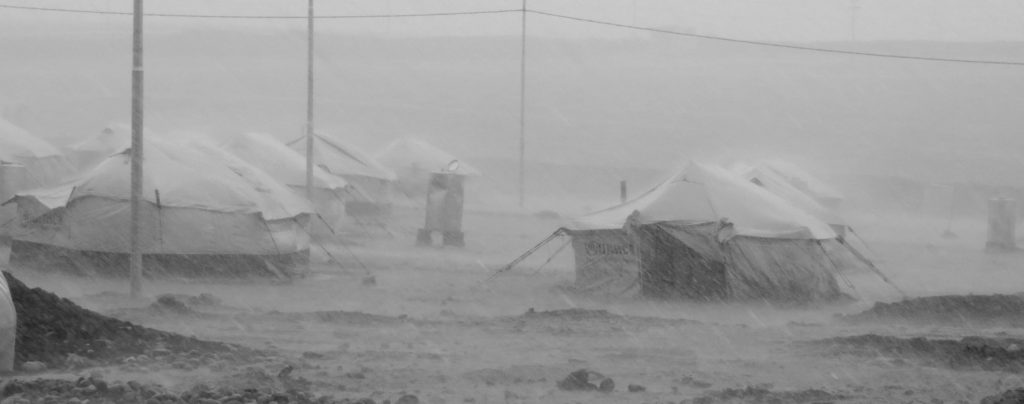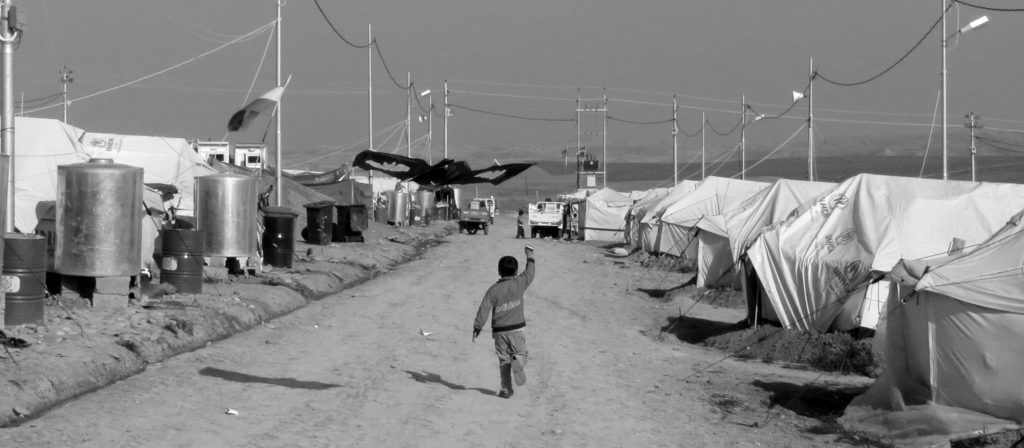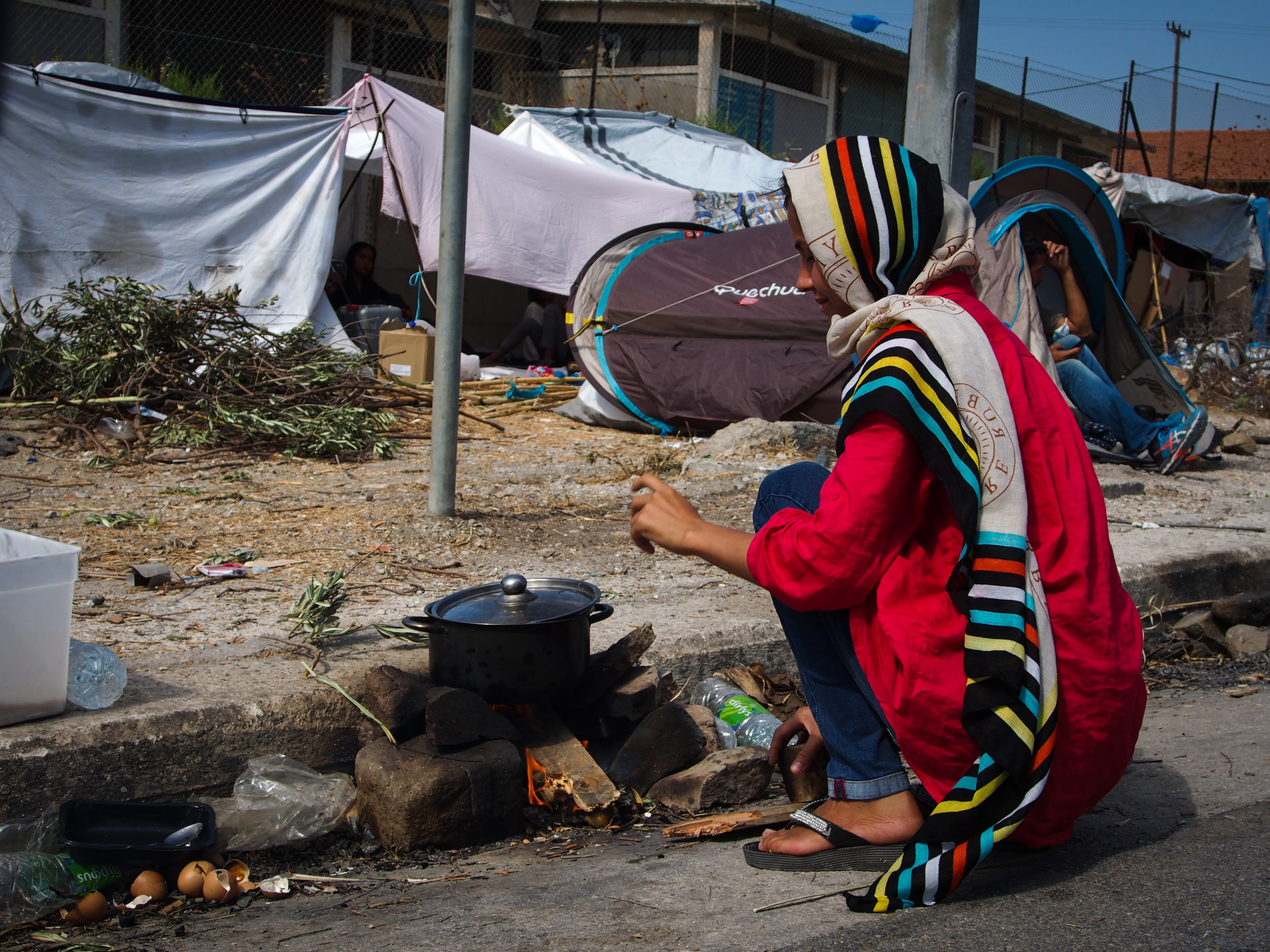The world is a complex of insecurities and instability that the global pandemic has amplified and in many cases accelerated. ‘New’ masses of refugees (from Rohingya to Uyghurs) have been added to those – Kurds, Syrians, Sudanese, Ethiopian – who, in these last decades, have attempted to escape misery and death. For several decades, well before the outbreak of COVID-19, the global humanitarian system appears to be far from the expected standards of efficiency and inclusiveness and needs to be adapted to the transformations which are taking place. It also needs to update priorities, practices, policies and coordinate all actors, governmental, intergovernmental, and non-governmental.

World Refugee Day has been established by the United Nations to remind everyone, at least one day in a year, that millions of people, including children, are constantly exposed to violence, deprivation, and danger at every corner of the world. It should also retain that states and multilateral institutions have officially declared their commitment to protecting people as part of a global humanitarian system. And that the adequacy and resilience of the existing tools and practices always need to be monitored.
The liberal peace model, produced by the multilateral system at the end of the WWII, has been strictly connected to the spreading of humanitarian interventions, the implementation of development and aid programmes and support for democratisation.
However, the international system looks far from this model. One can observe large poor and deprived areas and widespread economic and social inequality. Illiberal regimes brutalize their citizens and persecute ethnic and religious minorities whereas civil conflicts are fought more violently by militias of various and indefinite nature and modernized proxy wars are enthusiastically supported by foreign powers.
A global humanitarian system far from expectations
The world is a complex of insecurities and instability that the global pandemic has amplified and in many cases accelerated. ‘New’ masses of refugees (from Rohingya to Uyghurs) have been added to those – Kurds, Syrians, Sudanese, Ethiopian – who, in these last decades, have attempted to escape misery and death.
Multilateralism has produced some advanced forms of intergovernmental cooperation. However, crisis management mechanisms consistent with universal principles and humanitarian priorities have failed to prevent both the mitigation of the most brutal effects of conflicts and crises and the marginalization of the most vulnerable categories.

For several decades, well before the outbreak of COVID-19, the global humanitarian system appears to be far from the expected standards of efficiency and inclusiveness and needs to be adapted to the transformations which are taking place. It also needs to update priorities, practices, policies and coordinate all actors, governmental, intergovernmental, and non-governmental.
Therefore, any reflection on refugee protection necessarily entails a reflection on vulnerability and humanitarianism.
The pandemic has demonstrated that states have scarcely invested in preparedness and that resilience, more than vulnerability, is at the core of public debates. The most important definitions, from the UN to the EU, focus separately on the internal and international factors that create the conditions of vulnerability and the categories considered most at risk.
On the one hand, migrants and refugees, civilians affected by wars and situations of endemic poverty and underdevelopment, remain very vulnerable categories, located in many regions of the world. Among them, women are copious. As the UN Resolution on Women, Peace and Security highlighted, women are the first ones to suffer the effects of armed conflict, but also crucial in contributing to peace processes, to the consolidation of democratic practices, and the implementation of economic and social development programs.
On the other, the conditions that determine the exposure to vulnerability are changed, as well as the practices and policies necessary to guarantee the necessary assistance. Diversion of governmental funds from other humanitarian policies, border restrictions, limitations to protest and public deliberation are increasingly frequent measures, more recently justified with the protection of public health.
World Refugee Day serves as a reminder of weak policies
As emphasized in a statement issued in 2020 by the European Council on Refugees and Exiles (ECRE) and other NGOs, the establishment of an independent monitoring mechanism for investigating the allegations of fundamental rights violations at European borders has been positively welcomed, but cannot prevent the risk that the monitoring system becomes another nice flag behind which violations continue and inequalities persist.
Therefore, some more initiatives are required, including an expansion of the mandate, to be sure that all parts of the borders are secured and all forms of pushbacks are punished, as well the involvement of third parties in the monitoring phase.

In revealing governmental failures and lack of capacities, World Refugee Day should serve as a reminder that policies and practices developed by states for alleviating vulnerability can easily be too weak and collapse.
Global and regional strategies for protecting refugees in conflict zones need to be reconceptualized and refocused to coherently match real priorities. The activities carried out by NGOs and other civil society organizations have demonstrated that the global humanitarian system is made of states but also strongly needs non-governmental support. And, most importantly, that protection measures must be complemented by a combination of humanitarian responses, development programs, and peace promotion.








